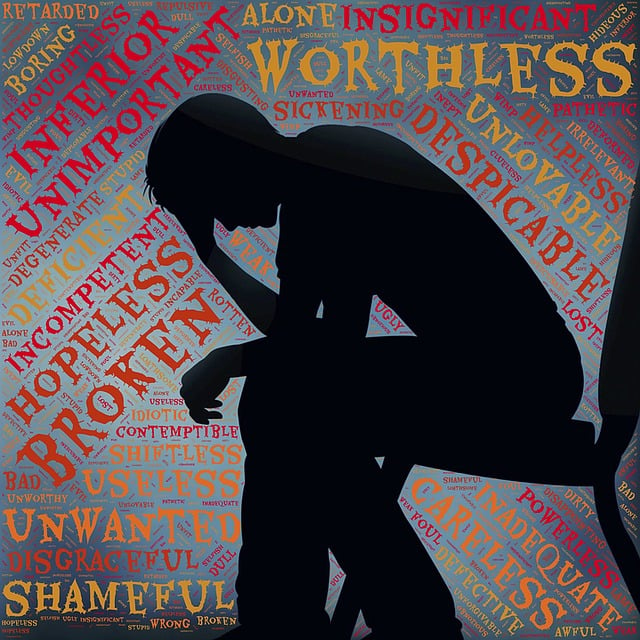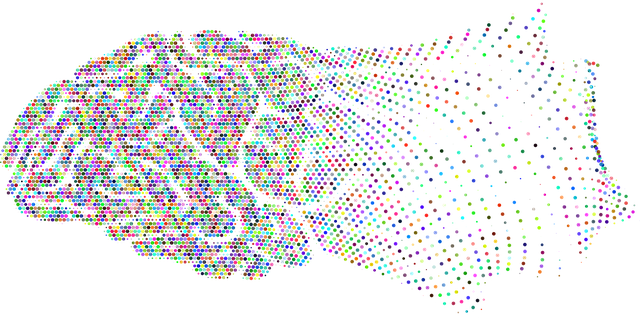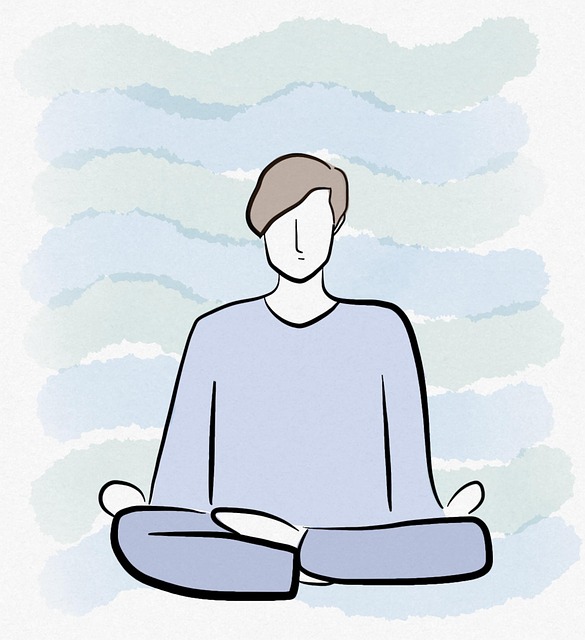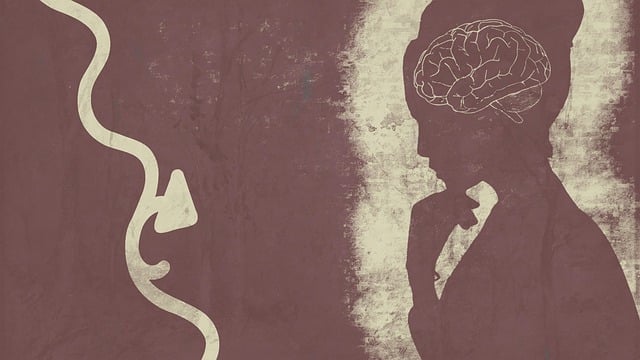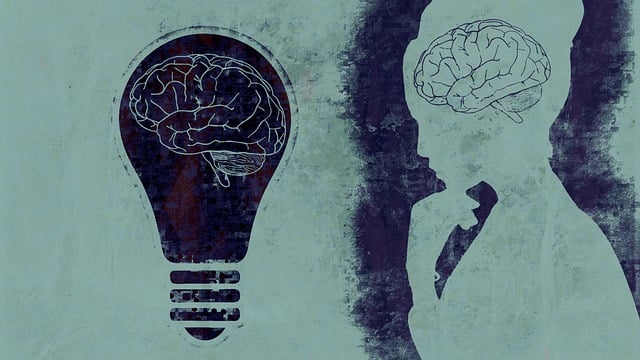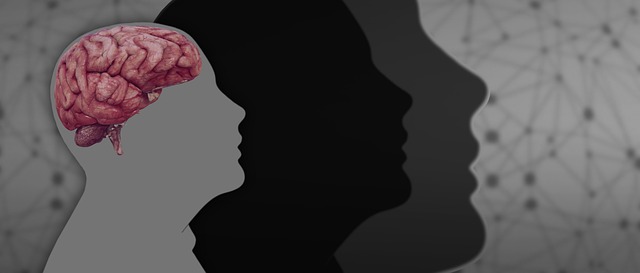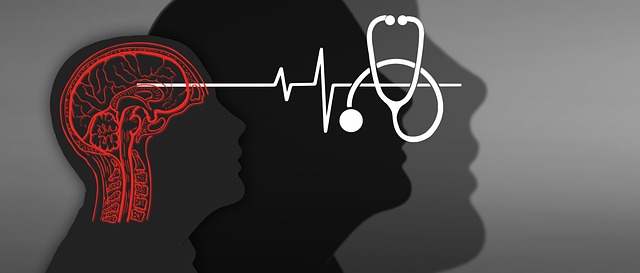TL;DR:
Young adults with chronic pain face unique challenges balancing physical discomfort and adult responsibilities, increasing risks of mental health issues like anxiety and depression. Effective therapy requires cultural sensitivity to diverse pain experiences. Community outreach programs, improved policies, and specialized treatment are vital for comprehensive care. Mental wellness coaching, integrating evidence-based techniques from podcasts, enhances coping mechanisms, resilience, and positivity, helping young adults navigate chronic pain, prevent burnout, and foster long-term mental wellness. Barriers like stigma, lack of awareness, financial constraints, and limited healthcare access hinder access to mental health support, underscoring the need for accessible guidance and compassion cultivation practices.
In today’s digital era, mental wellness is paramount, especially for young adults grappling with chronic pain. This article explores effective group facilitation techniques designed to support this vulnerable population. We delve into the unique challenges they face, from understanding the impact of chronic pain on mental health to identifying barriers that hinder access to essential services. Through a series of evidence-based strategies, we demonstrate how facilitators can create safe, non-judgmental spaces, encourage active participation, and incorporate interactive activities like art and mindfulness for transformative therapeutic outcomes in therapy for young adults with chronic pain.
- Understanding the Unique Needs of Young Adults with Chronic Pain
- – Exploring the impact of chronic pain on mental health in young adults
- – Identifying common challenges and barriers to accessing support
Understanding the Unique Needs of Young Adults with Chronic Pain

Many young adults living with chronic pain face unique challenges that require tailored approaches. This demographic often grapples with the dual burden of managing persistent physical discomfort and navigating the transition to adulthood, which can include educational, career, and social pressures. The impact of chronic pain on mental wellness is profound; it’s not merely a side effect but a significant contributing factor to anxiety, depression, and reduced quality of life.
Facilitators of therapy for young adults with chronic pain must incorporate cultural sensitivity in mental healthcare practice, recognizing the diverse ways pain is experienced and expressed across different cultures. Community outreach program implementation can help bridge the gap between medical and mental health services, fostering inclusive environments where young adults feel comfortable seeking support. Furthermore, advocacy for improved mental health policy analysis and access to specialized treatment options is crucial in ensuring that this vulnerable population receives comprehensive care tailored to their unique needs.
– Exploring the impact of chronic pain on mental health in young adults

Chronic pain can have a profound impact on young adults’ mental health and overall well-being. This persistent physical discomfort often leads to emotional distress, anxiety, and even depression. Many young people struggle to manage their daily lives when dealing with chronic pain, which can significantly affect their social interactions, academic or professional pursuits, and overall quality of life. The experience of living with constant pain can be isolating, leading to feelings of frustration, hopelessness, and a diminished sense of self-worth.
In recent years, there has been an increasing recognition of the need for specialized therapy for young adults experiencing chronic pain. Mental wellness coaching programs specifically tailored for this demographic have emerged as valuable tools. These programs not only focus on managing pain but also aim to enhance coping mechanisms, improve resilience, and foster a positive mindset. By incorporating evidence-based techniques from mental wellness podcast series production, healthcare providers can assist young adults in navigating the challenges of chronic pain, preventing burnout, and promoting long-term mental wellness.
– Identifying common challenges and barriers to accessing support

Many young adults facing chronic pain often encounter significant challenges when it comes to accessing support for their mental wellness. The journey to seeking therapy can be hindered by a range of barriers, including stigma attached to mental health issues, lack of awareness about available resources, financial constraints, and limited access to specialized healthcare services. These obstacles can delay or prevent individuals from receiving the necessary care, exacerbating existing symptoms of anxiety, depression, or other co-occurring disorders.
For instance, young adults experiencing chronic pain might struggle with feelings of isolation and fear of judgment, making it difficult for them to open up about their mental health concerns. Additionally, navigating the complex healthcare system and understanding insurance coverage can be daunting tasks, leading to delays in accessing professional therapy for young adults chronic pain. As such, it’s crucial to provide accessible and inclusive mental wellness guidance, such as through podcasts or journaling exercises, coupled with compassion cultivation practices to foster a supportive environment where individuals feel comfortable seeking help.
In facilitating mental wellness groups for young adults with chronic pain, understanding their unique needs is paramount. By addressing the impact of chronic pain on mental health and identifying common challenges in accessing support, we can revolutionize therapy for this demographic. Incorporating inclusive strategies that cater to their specific barriers ensures these individuals receive the care they deserve, fostering a supportive environment where they can navigate their pain and build resilience.

